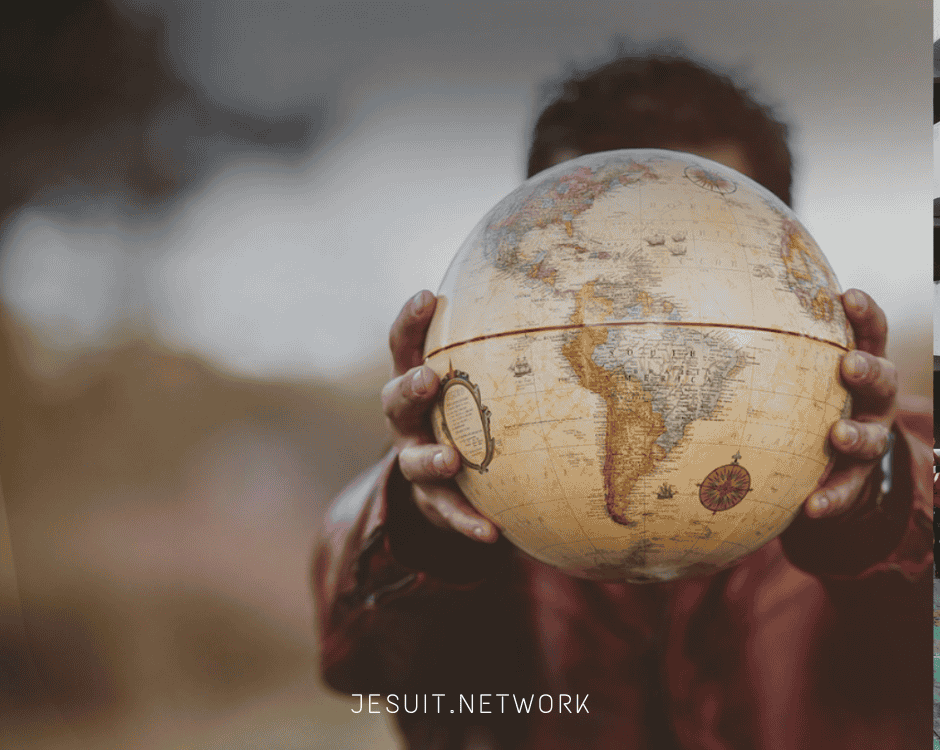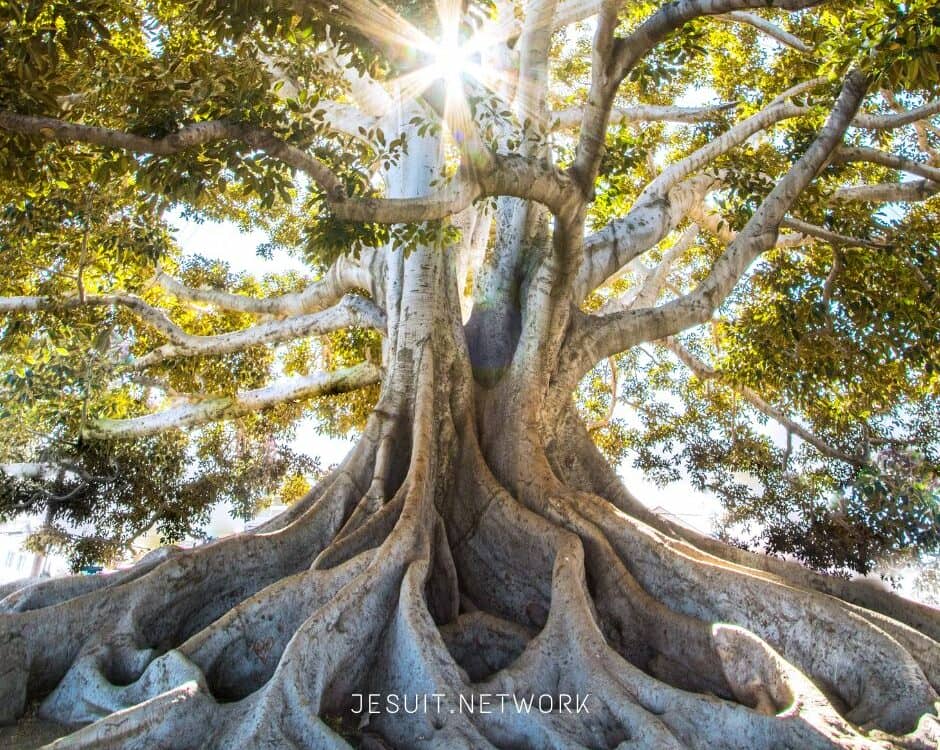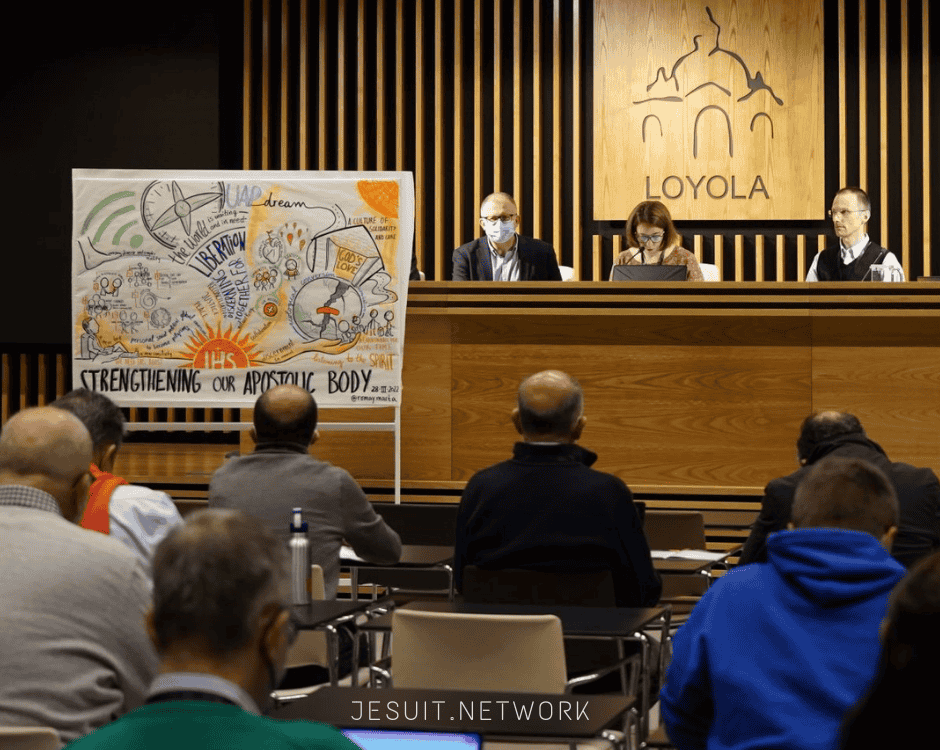Este sitio web utiliza cookies para que podamos ofrecerle la mejor experiencia de usuario posible. La información sobre cookies se almacena en su navegador y realiza funciones como reconocerle cuando vuelve a nuestro sitio web y ayudar a nuestro equipo a comprender qué secciones del sitio web le resultan más interesantes y útiles.
Jesuit Ecology Network: GC36 and Laudato si’, reconciliation in the world
Father Arturo Sosa, elected last 14 October as the 31stsuperior general of the Society of Jesus during the 36thGeneral Congregation, is calling for a “reconciliation in the world” that means “we have to strive for reconciliation between human beings, reconciliation with God and reconciliation with the created world.” Jesuit responses to a rapidly changing world, environmental concerns, poverty, and violence are challenging its worldwide ministries.
And with Laudato si’, the calls to respond to the social and environmental concerns need transformation to urgent action locally and globally, as planetary boundaries are breached and economic systems drive further exclusion of the many who are poor. Individually, all are beckoned as well by Pope Francis to an internal ecology that strengthens and gives meaning to an ecological citizenship.
José Ignacio García, SJ, Social Apostolate Coordinator of the Jesuit Conference of European Provincials and a GC36 delegate shares his thoughts on how Laudato si’ is moving the dialogue on ecology. Ecojesuit shares this brief GC36.org video where Father José Ignacio speaks of how Laudato si’ is incorporated into the Jesuit mission:
“Pope Francis has taken a very long step forward and has produced a framework that is original and challenging to the Church and to the entire world. This is the encyclical Laudato si’.
“We cannot tackle poverty, we cannot look to a different world, without being aware of the environmental connections in all these situations. There are physical boundaries to this planet, we are pushing these limits, and we need to change this paradigm.
“I understand for many people this is difficult to accept because there is a sense that we are doing well because we are enjoying a better life. But what is happening is they are putting at risk the future of the planet and certainly the future of next generations.
“This is not something that will be solved because “I buy this product” or because “I stop buying it.” The real transformation will go through the hearts and the minds of all of us, and for this, our religious convictions can be crucial.
“We are capable to give a testimony of solidarity, of engagement, of mercy. We must be capable to be close to those who suffer most and be ready to mobilise our efforts to contribute to relieve their pain and suffering.
“We need to understand the phenomenon, we need to use science. Laudato si’ is a wonderful example of dialogue between science and faith.
“And we need to ground our actions, our changes, not in a fashion that comes and goes but in our deep convictions. Thinking that this will be zero cost, this is impossible. We have to assume that it will be some cost for all of us and also for the corporations and the business world.
“But I think we need to go beyond this short-term mentality. If we can get into a medium- and long-term mentality, I think we can realise the change is there and the possibilities for a new way of dialogue is also possible.”
This post was originally published in the Jesuit Ecology Network, Ecojesuit.





